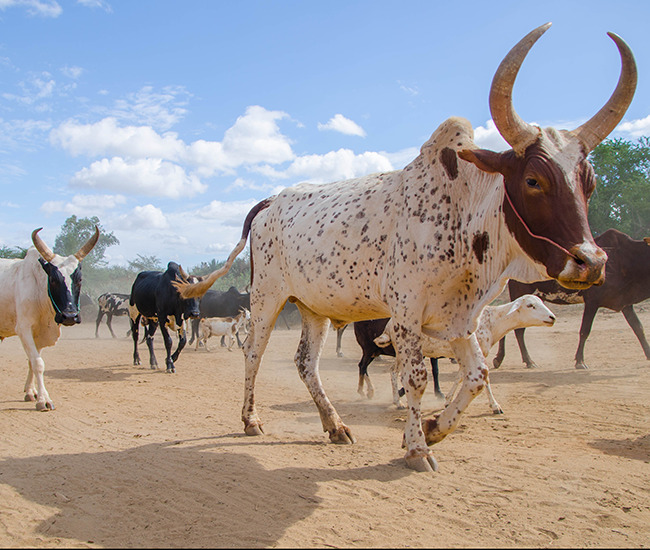Context
The 6 islands of the Bolama-Bijagós region are landlocked: the islands furthest from the mainland are around 100 km from the coast, and although there is a maritime transport network between the capital and the 2 main islands, most of the islands have little or no service. These islands are economically very vulnerable, with high levels of unemployment and young people leaving for Bissau and abroad. However, this is an area where the potential of agricultural value chains and the valorization of local products are certain, and where initiatives aimed at empowering women and young people exist.
The project aims to improve production systems, provide vocational training, support income-generating agricultural activities, and set up processing micro-enterprises.
The provision of means of transport will ensure the mobility of people and products.
Methodology
The project will identify and support economically viable agricultural production, livestock breeding and processing activities that create added value, implemented by individuals or groups, within the framework of agroecological production methods.
The proposed activities will also strengthen the economic role of women, by reducing the arduousness of their work (small processing equipment), supporting the creation of income-generating activities, and more generally empowering them.
Expected results
Strengthen the production and diversification capacities of 3,000 family farms through the promotion of practical agro-ecological techniques.
– Food crop production is increased and diversified through the adoption of innovative practices.
– Market access for members of cooperatives/groups is improved through group sales on existing markets, and product processing is strengthened.
– Sustainable, high-value-added commercial alternatives are mastered directly by producer organizations
– Efficient transport systems are put in place through citizen participation, in consultation with authorities and technical services, to reduce gender inequalities and ensure the mobility of people and goods between islands.






